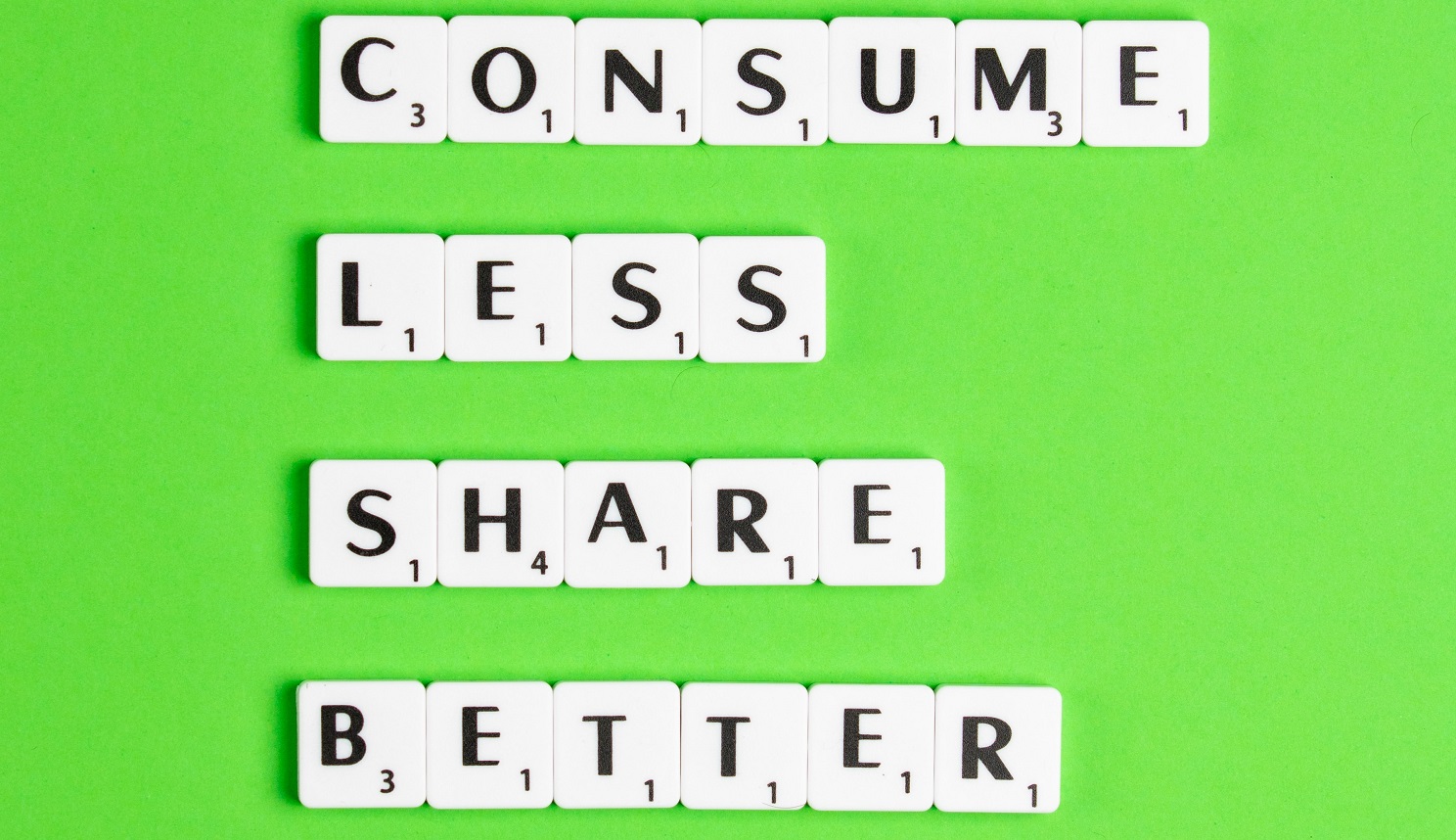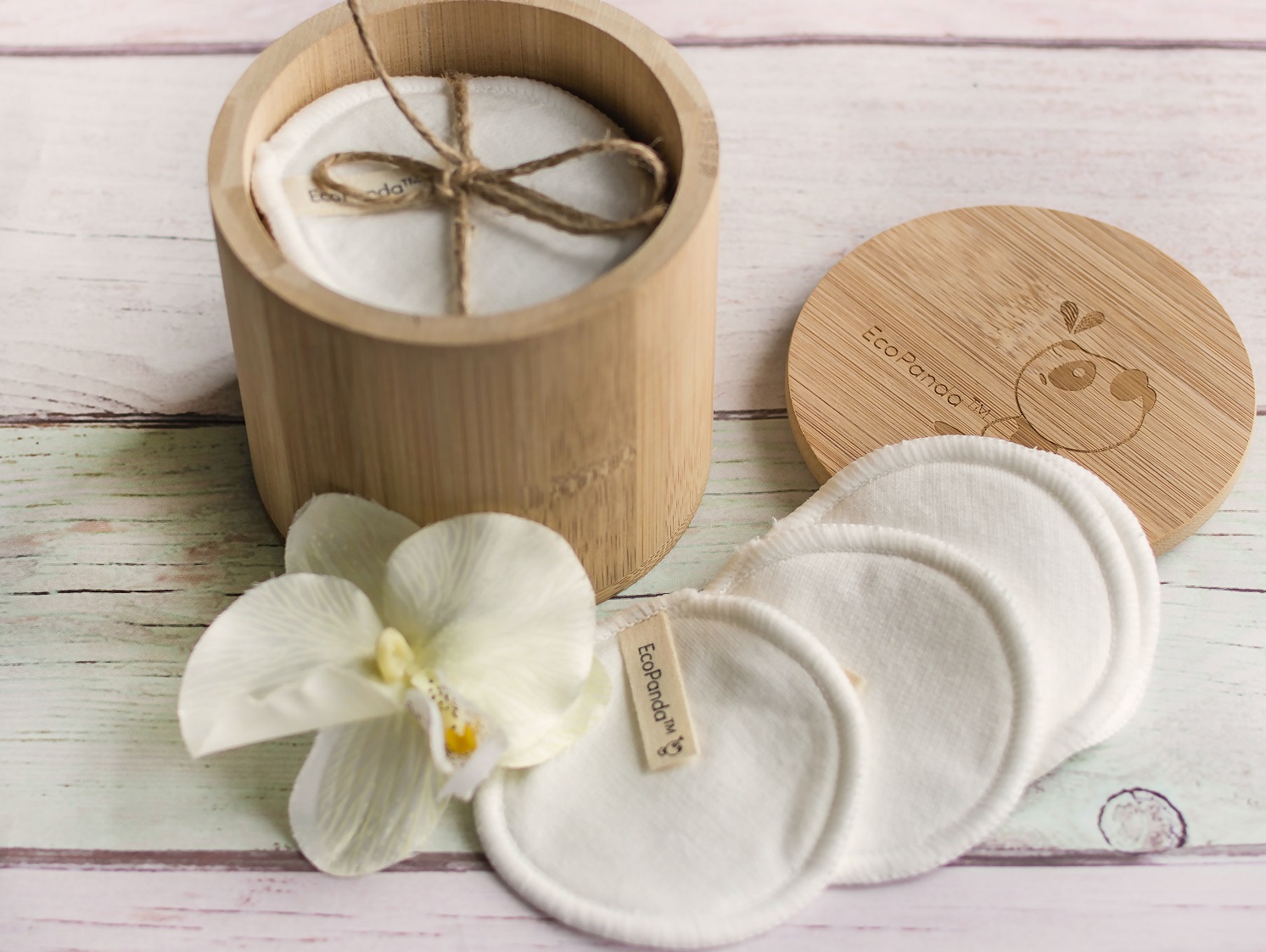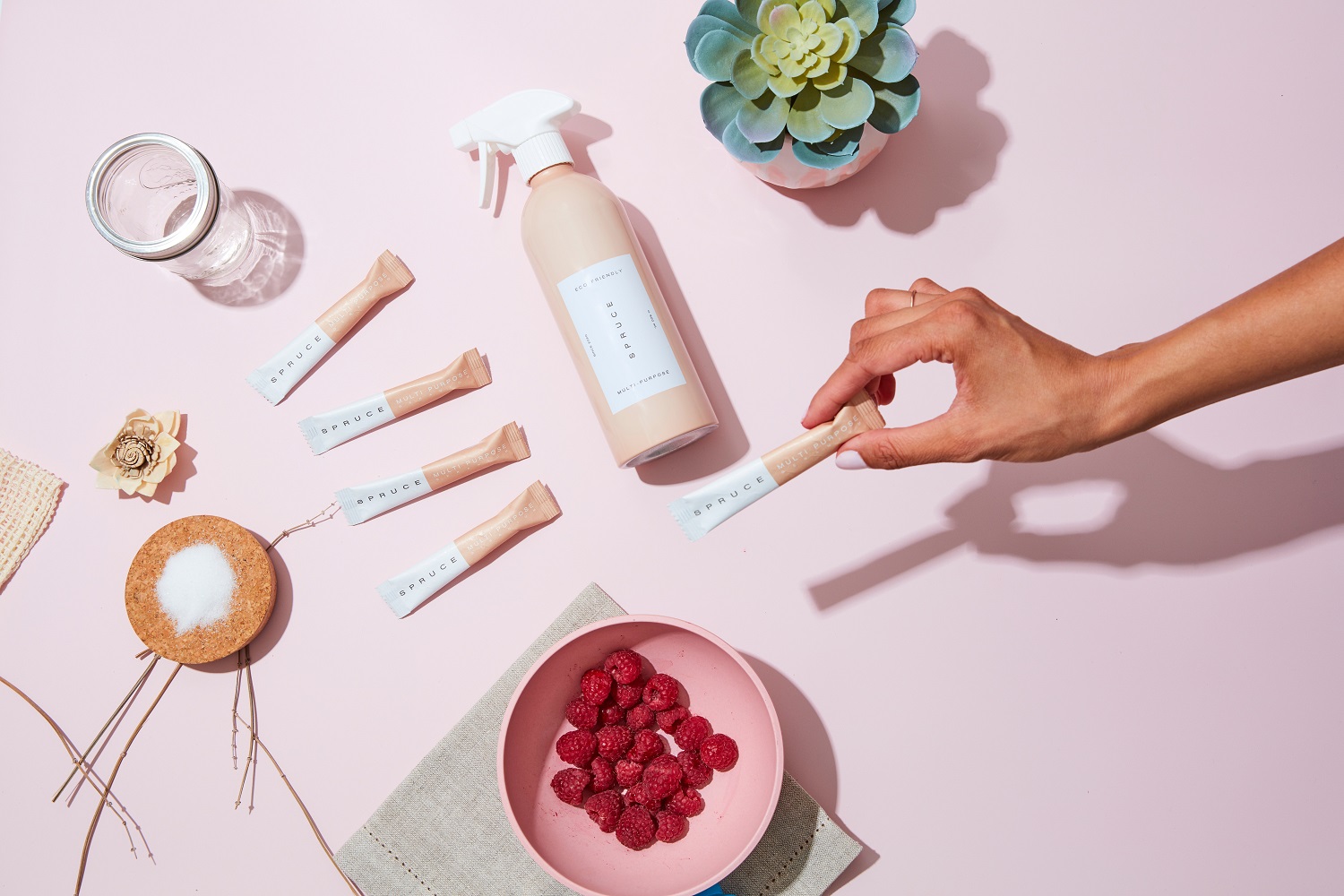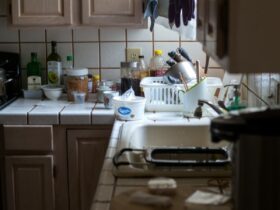Plastic is everywhere. We produce about 300 million tons of plastic every year and 8 million tons of that end in the ocean. It is devastating and worrying, and it seems that we can’t control that. But we can.
Every little bit helps. We can start now by taking a look at our skincare routine and coming up with ways to do less harm to Earth. Of course, going instantly to a zero-waste lifestyle is still impossible, but let’s begin with small tweaks.
Here is what you need to know.
Recyclable and Refillable Packaging: a New Lifestyle
Luckily, smart packaging is now available everywhere. When shopping for new skincare products, try choosing a refillable packing or a recyclable one. Get to know the packaging and understand why it is essential to do that.
That way, you won’t throw away plastic each time you finish a product!
You can also place a bin for recyclables in your room or bathroom to ensure your green skincare routine is done correctly. How cool is that?

Less Plastic, Please!
Going completely plastic-free is a tough job, but you can start right away to reduce the waste by choosing some alternatives. Skincare products are available in many sizes and shapes, coming in cardboard boxes with cellulose packing tape or glass bottles.
No More Single-use Products
You’ve probably used face wipes several times. But, how about swabs or cotton pads?
Did you know that there are many reusable alternatives out there for those common disposables? You can try a gentle makeup remover cloth or a washable cotton round that you can later wash and use again and again. Smart, right?

Dangerous Microplastics
Currently, the beauty industry is one of the biggest producers of microplastics. These tiny plastic particles (less than 5 millimeters long) are incredibly harmful to the environment, especially the ocean.
Check out this cool website for a list of products to avoid and learn how to support the scientific field and save oceans.























Leave a Reply